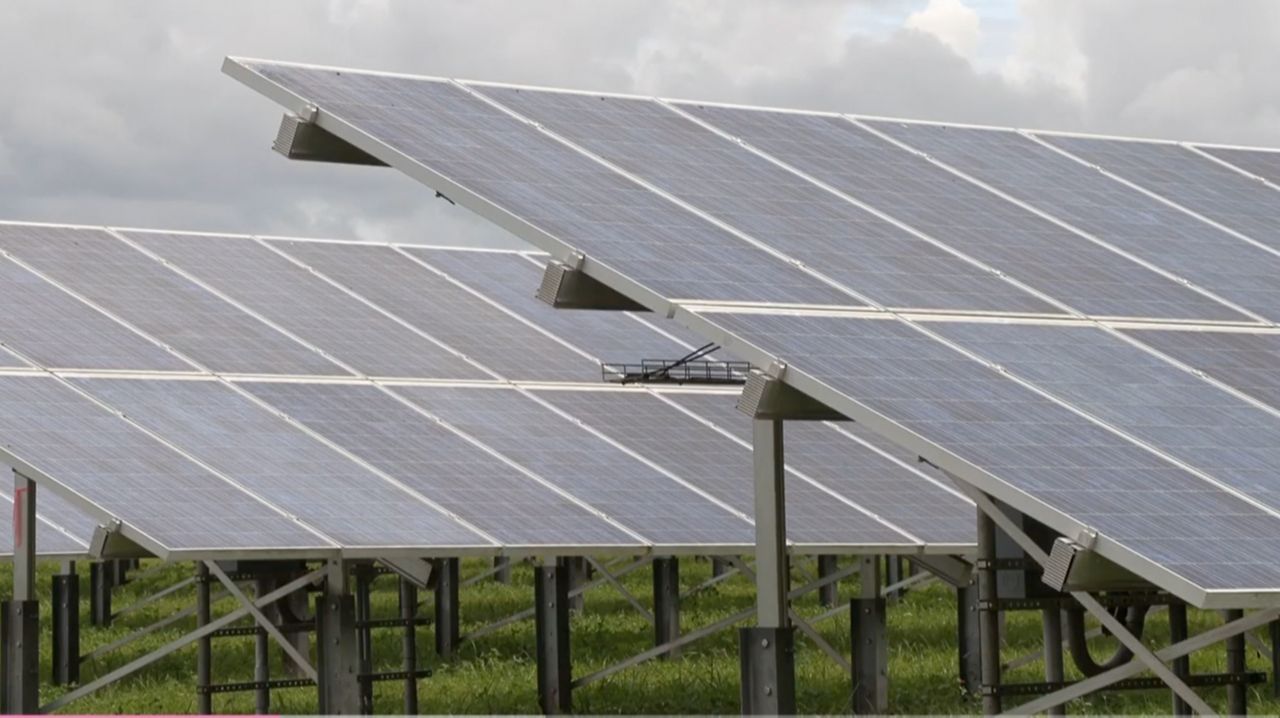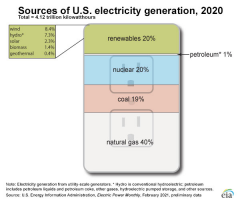Keystone
SAWHORSE

NYC's new gas ban highlights market growth needs for building transitions
Awareness, market development and worker training must scale up now that the largest U.S city is blocking gas hookups in future building construction.
Dive Brief:
- The New York City Council made major climate headlines last week when it voted to gradually ban gas hookups in new buildings over the coming years. While other state and local governments, including in California and Washington, have enacted similar policies, New York City’s ban stands out given the city's sheer size, East Coast location and cold climate.
- As the city seeks carbon neutrality by 2050, the bill was designed to decrease emissions from burning gas in buildings, which account for around 70% of New York City's greenhouse gas emissions. It also lays out requirements for the city to study the use of heat pump technology and, separately, the impact of the bill on the city’s electrical grid. Provisions will begin taking effect starting in about two years, with rolling implementation timelines by building height and based on whether a building includes affordable housing.
- When considering the impact of the city's action, "calling New York City a city, of course, doesn't do it justice given the amount of building square footage there is" compared to many states, said Russell Unger, a principal at the non-profit Rocky Mountain Institute. "We haven't had a major cold jurisdiction do that," said Unger.
SPONSORED by Modular Building Institute
Interested in modular construction?
The industry's best event is back. Four days of in-depth education. Register today for the 2022 World of Modular.
Register Today
Dive Insight:
While critics of building electrification policies worry about the transition’s potential harm to housing affordability, advocates see the built environment as a critical battleground for achieving climate goals. Advocates for change also highlight the negative health impacts and air pollution that stem from burning gas. The bill passed last week, led by main sponsor Council Member Alicka Ampry-Samuel, was largely championed by environmental justice organizations.Banning natural gas hookups in new buildings is poised to prompt the adoption of electric appliances such as heat pumps and induction stoves at a wider scale.
But such a transition will require providing workers with the skill set needed to implement newer tech in buildings. Other sectors that are actively cutting fossil fuel reliance face similar challenges. Across the U.S., “there's a recognition that there's a tremendous amount of workforce development that has to happen,” said New Buildings Institute Communications Director Stacey Hobart. “But the planning for that and [figuring out] how to train this many people is still sort of nascent.”
Particularly in influential jurisdictions like New York City, the impact of these sorts of regulatory decisions may extend much further. As contractors get more and more experience with electric technologies, they'll likely recommend those options more to customers, leading to broader awareness among the general public, Unger said. And as for building owners, "when it comes time to replace existing equipment, they're going to be thinking twice before using fossil fuel equipment, just looking ahead to where policy's going."
Unger said that while many buildings in New York City and in North America have already begun implementing electric heat pumps to heat or cool spaces, they're less commonly used for water. And while there's precedent for adoption in smaller buildings, there's less experience using them in large buildings, Unger said — like the skyscrapers in New York.
While cities have driven much of the momentum for building electrification policies, state and federal leaders have also contributed to the wave of change and acknowledged the need for market development.
New York state lawmakers are considering a bill that would require new buildings statewide to adopt electric power starting in 2024. New York Gov. Kathy Hochul announced on Monday a $30 million initiative to ***** demand and capacity for decarbonized homes by establishing a network of builders and developers committed to carbon-neutral construction. Those professionals would further provide training and technical support to others in the field wanting to advance the single-family carbon-neutral housing market, the announcement said.
On Tuesday, three city and state agencies announced an industry competition for heating and cooling equipment manufacturers to "develop a new electrification product that can better serve the needs of existing multifamily buildings and hasten the transition to fossil-free heating sources." The New York City Housing Authority, New York Power Authority, and New York State Energy Research and Development Authority say they will invest more than $263 million in the challenge. Still, amid the push for electrification, there are examples of utilities pursuing "greener" natural gas infrastructure.
The Biden administration this month announced it’s ordering federal agencies to slash greenhouse gas emissions from existing buildings in half over the next decade and to be carbon-neutral by 2045. As for new buildings, the administration intends to set "the first-ever Federal Building Performance Standard" and a "Buy Clean" task force will make recommendations on lower-emissions construction materials. The administration earlier also this year committed $30 million to workforce initiatives meant to train people to construct and maintain "high-performance buildings" that implement clean energy technologies.
Follow Maria Rachal on Twitter



